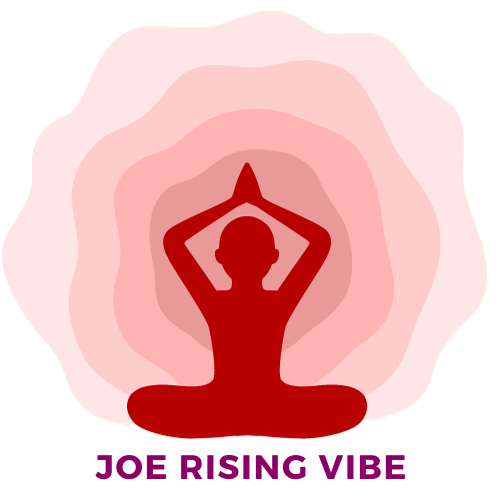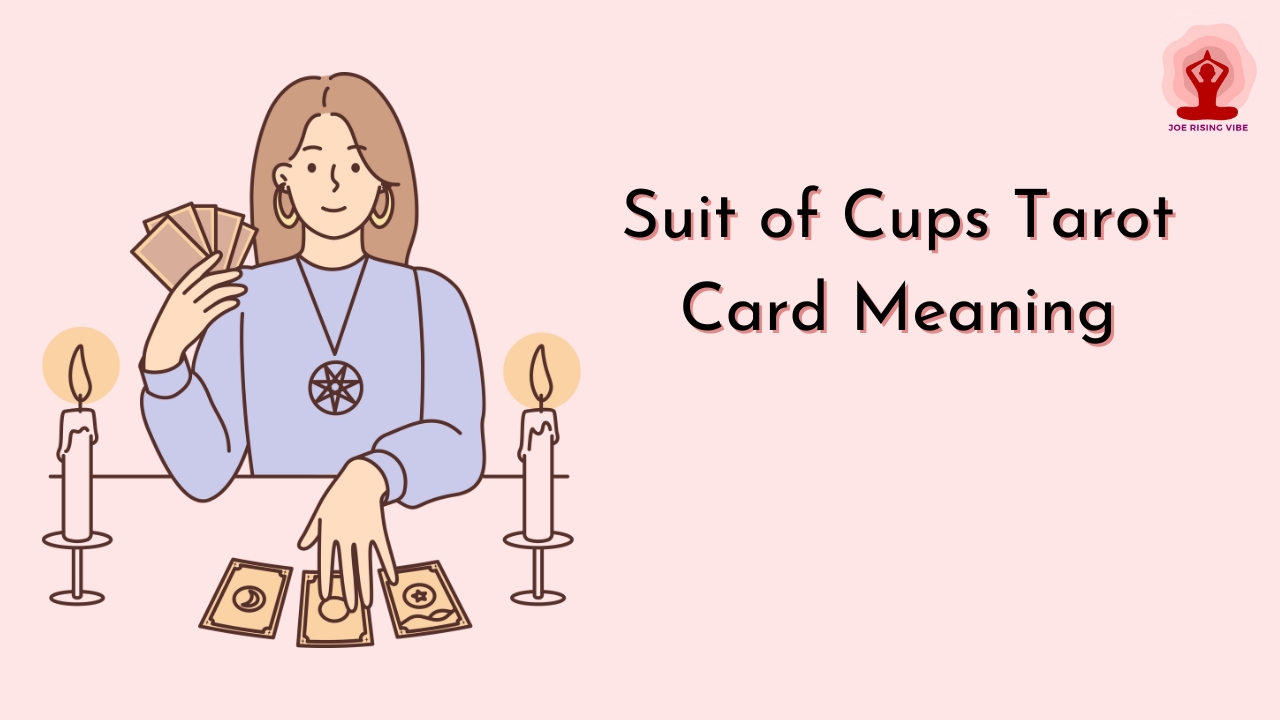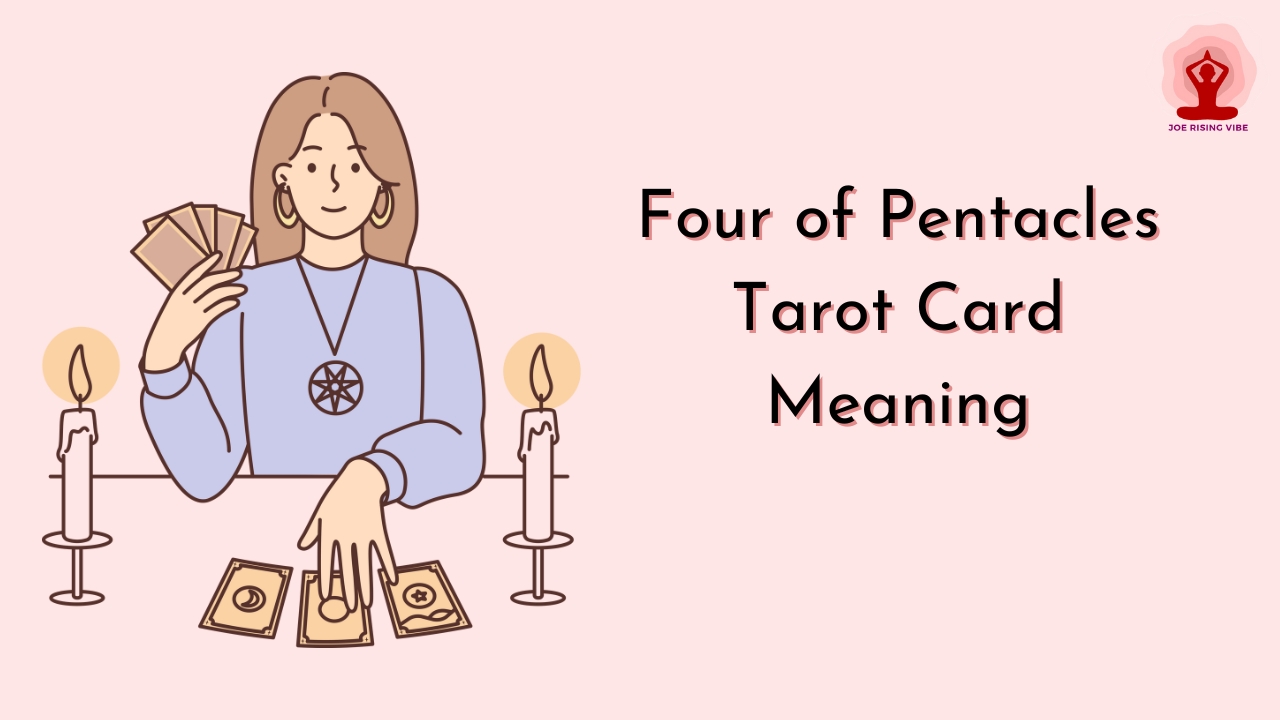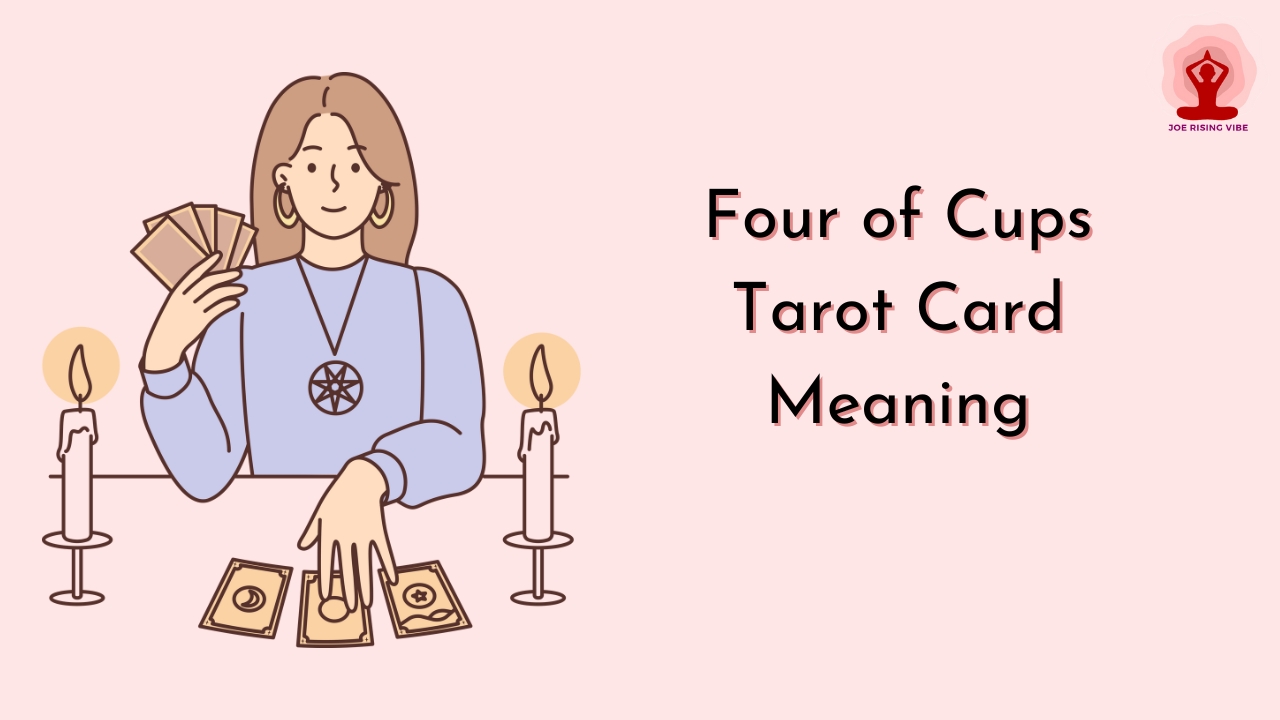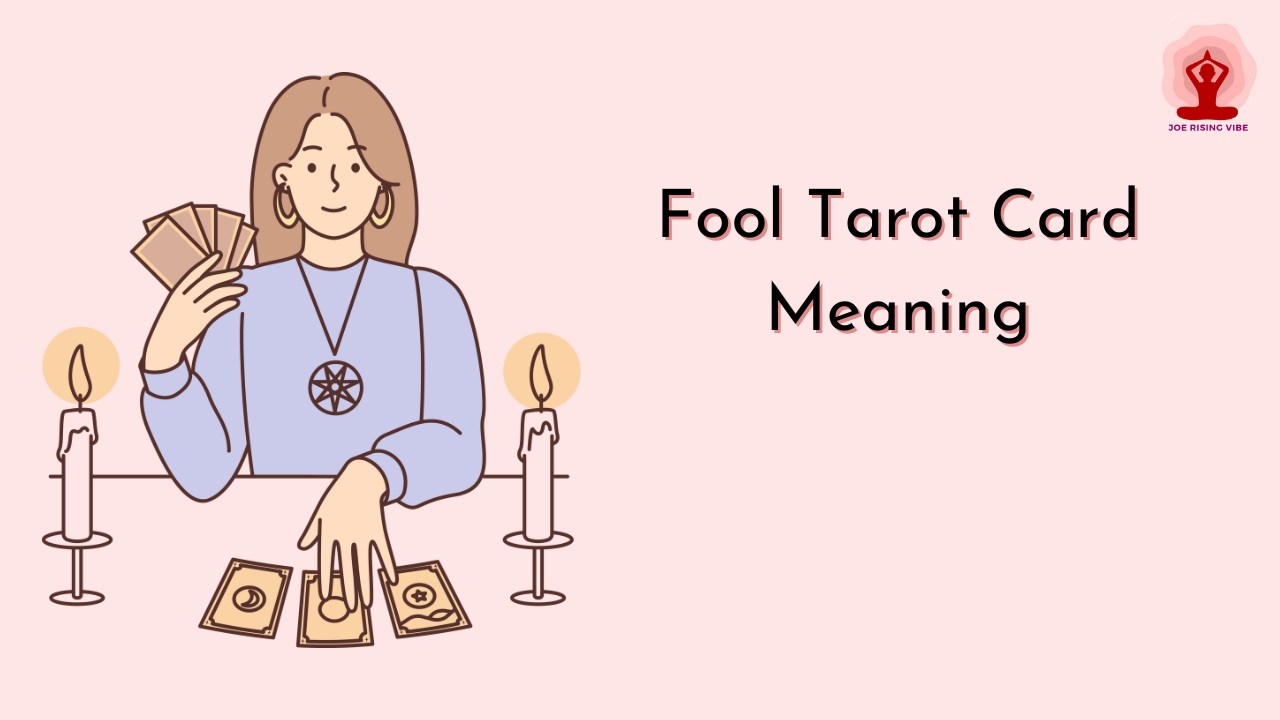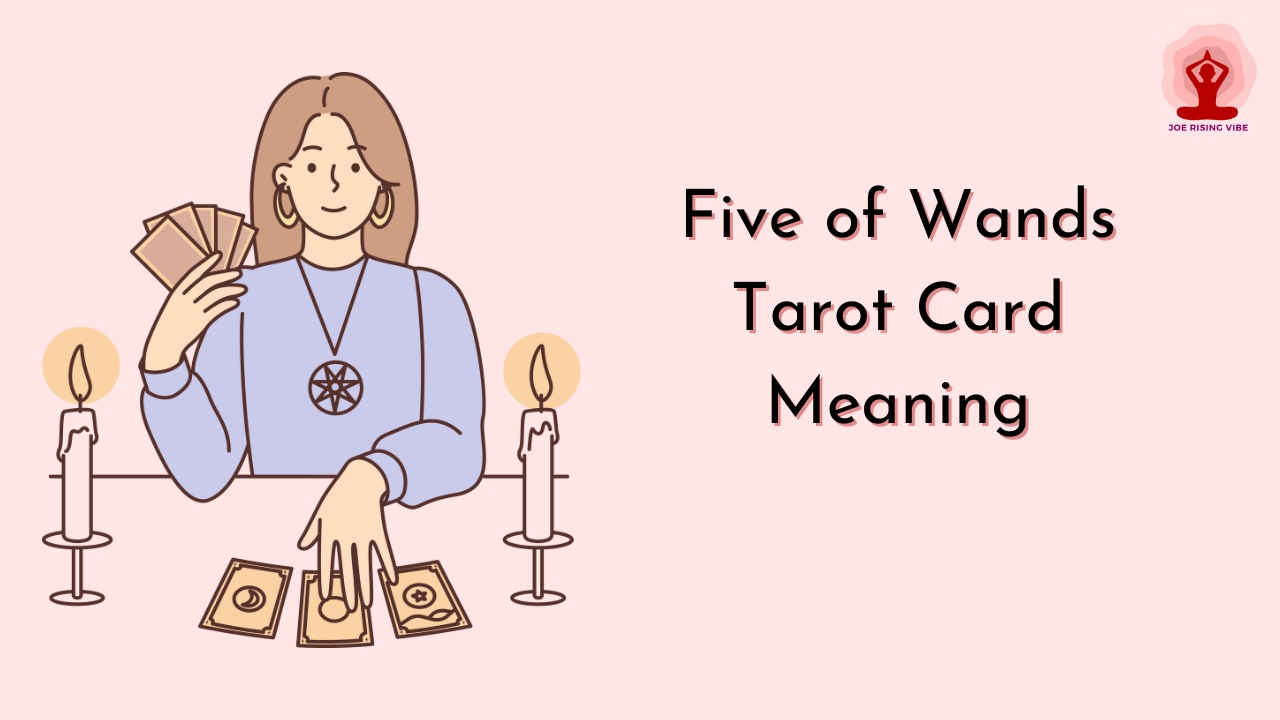If you’ve ever felt curious about what your emotions and dreams might be trying to tell you, the Suit of Cups tarot card could hold the answers. This suit is deeply connected to our feelings and relationships.
Through this blog, I’ll explore how these cards can help interpret emotional messages and guide personal connections.
Understanding the Suit of Cups Tarot Card
The Suit of Cups stands out in the tarot deck because it’s deeply tied to emotions, feelings, and relationships. This suit is all about how we connect with others and our own hearts.
It dives into love, joy, sadness, and everything in between. The cards range from showing new beginnings of love with the Ace of Cups to the happy family scene in the Ten of Cups.
Each card in this suit acts as a mirror for our emotional state at any given moment. They help reveal hidden truths about our feelings and guide us through emotional challenges. The Page of Cups might pop up when we’re discovering a new aspect of ourselves or when a message related to our feelings is coming our way.
Meanwhile, drawing the King or Queen of Cups could suggest maturity and control over one’s emotions or interactions with empathetic people who can provide support and understanding.
The Significance of Cups in Tarot Reading
The Suit of Cups in Tarot Reading represents emotions, feelings, and intuition. It symbolizes creativity, romance, and imagination.
Representation of emotions, feelings, subconscious, intuition
Cups tarot cards shine a light on our deepest emotions and feelings. They help us listen to our hearts and intuition more closely. This suit connects directly with the element of water, known for its ties to the emotional side of life.
Dreams and inner thoughts often come into play when these cards appear in a reading.
Pages, knights, queens, and kings within this suit delve deeper into our psychic abilities and empathic nature. They urge us to explore what truly moves us at an emotional level. By focusing on love, relationships, and personal connections, cups cards guide us towards understanding our own inner worlds better.
Symbolism of creativity, romance, and imagination
The Suit of Cups in Tarot shines a light on the brighter sides of human experience. It paints a picture where emotions flow freely, giving life to our creative dreams and romantic desires.
These cards serve as windows into the soul’s capacity for love, artistry, and envisioning worlds beyond the ordinary. They remind us that at the heart of our lives is a wellspring of inspiration ready to be explored.
This suit echoes with stories of heartfelt connections and imaginative leaps. Through symbols like goblets brimming with water—the element tied to feelings—we see how deeply intertwined creativity, romance, and imagination are.
Each card invites us to dive deeper into our subconscious, urging us to listen more closely to our inner voice. In this space, psychic abilities awaken, guiding us towards understanding ourselves and others on profound levels.
Diving Deeper: Individual Card Meanings within the Suit of Cups
4. Diving Deeper: Individual Card Meanings within the Suit of Cups reveal unique interpretations and insights for each card. Understanding these meanings can provide valuable guidance in tarot readings.
Ace through Ten
The Ace of Cups predicts happiness and joy in every area of life, including love. It represents new beginnings and emotional potential.
- Two of Cups: Symbolizes unity, partnership, and mutual attraction. It signifies harmonious relationships and emotional balance.
- Three of Cups: Represents celebrations, friendships, and joyful gatherings. It indicates happiness, social connections, and shared pleasures.
- Four of Cups: Signifies introspection, contemplation, and re-evaluation. It suggests a need to reassess one’s emotional fulfillment and seek new perspectives.
- Five of Cups: Depicts disappointment, loss, and regret. It urges acceptance of past setbacks while seeking opportunities for renewal and emotional healing.
- Six of Cups: Portrays nostalgia, innocence, and childhood memories. It encourages reconnecting with the past to find emotional comfort and rediscover joy.
- Seven of Cups: Symbolizes choices, fantasies, and illusions. It advises discernment in navigating through diverse options to prioritize emotional clarity.
- Eight of Cups: Represents transition, abandonment, and moving on from emotional attachments. It emphasizes the courage to seek greater fulfillment elsewhere.
- Nine of Cups: Known as the “wish card,” symbolizing contentment, satisfaction, and emotional fulfillment. It embodies achieving heartfelt desires and inner peace.
- Ten of Cups: Denotes harmony, blissful relationships, and domestic happiness. It epitomizes ultimate emotional fulfillment within family bonds.
Page, Knight, Queen, and King
The Page, Knight, Queen, and King are ranks within the Tarot Court Cards associated with the Suit of Cups. Each rank holds specific meanings and associations within the minor arcana of the Tarot deck.
- The Page of Cups represents youthful energy and a new emotional beginning. It symbolizes creative potential and intuitive messages.
- The Knight of Cups embodies confidence, determination, and the pursuit of dreams. It signifies romantic gestures and emotional exploration.
- The Queen of Cups epitomizes personal mastery within the suit. It illustrates nurturing relationships, compassionate intuition, and emotional depth.
- The King of Cups signifies enterprise, abundance, and emotional balance. It represents taking action to ensure prosperity and emotional fulfillment.
Strengths and Weaknesses of the Suit of Cups
Strengths of the Suit of Cups include its strong association with feelings and emotions, making it powerful in emotional realms. It is also connected to relationships and matters of the soul, symbolizing love and romance.
However, weaknesses can manifest as over-emotional responses or an overly idealistic view. Kindness associated with this suit can lead to being used by others and psychological instability.
Additionally, there’s a risk that it may lead to emotional sacrifices and reactions instead of thoughtful consideration.
